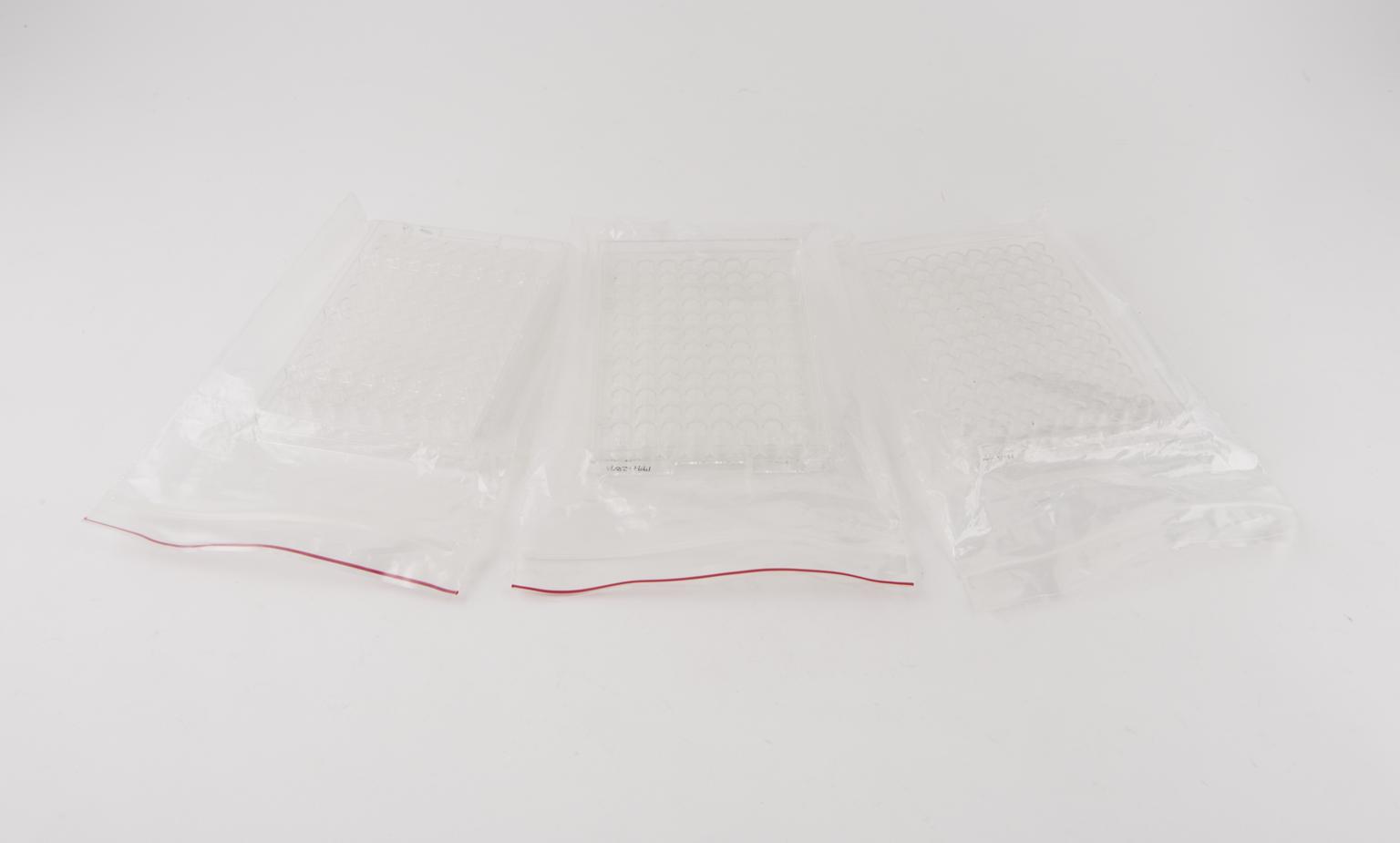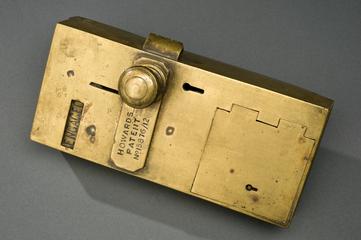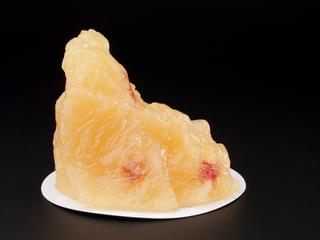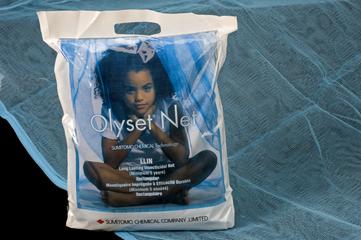Box for PATH-HIV-1 screening assay, Washington, United States, 1991
Box for "PATH-HIV-1 Screening Assay", rapid dipstick assay for in vitro testing of donated blood (non-functional), by Program for Appropriate Technology in Health, Seattle, Washington, United States. Cardboard with sticker on lid which reads, "PATH-HIV-1 Screening Assay. A rapid assay for antibody to human immunodefficiency virus type-1. For investigational in vitro use only. Not for use in diagnostic procedures. Kit should be stored between 2-8 degrees celcius. Lot no. 071291. Expires 071292. Program for Appropriate Technology in Health (PATH), 4 Nickerson Street, Seattle, Washington, 98109, USA."
More
Identifying the presence of HIV antigens in a sample of blood plasma or serum can prevent the transmission of HIV through blood transfusions.
This plastic ‘dipstick’ test was cheaper and faster than other tests available in 1991. The ‘dipstick’ test also had the advantage of being simple to use and did not require a laboratory or a specially trained technician. Crucially, countries in the developing world could afford to manufacture and use the test.
The Program for Appropriate Technology in Health (PATH) is an organisation founded in 1977 to develop appropriate technologies for public health programmes in the developing world.







